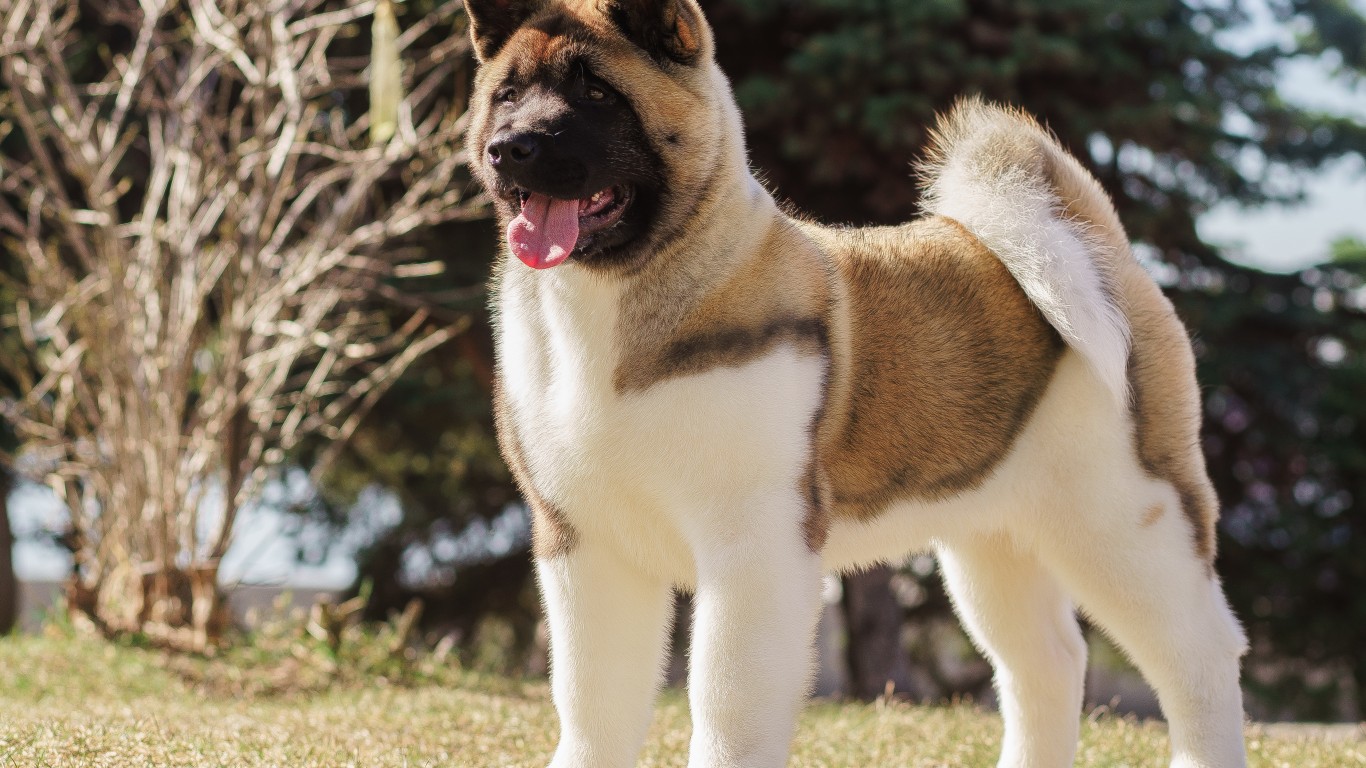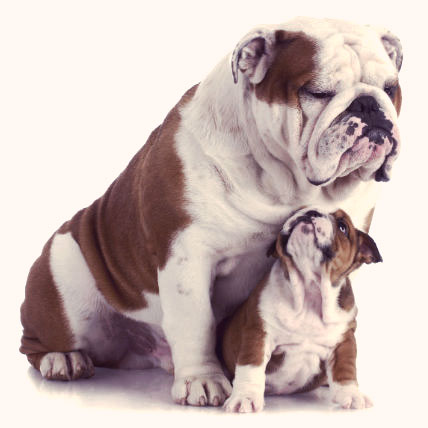
When choosing a dog breed to choose, it is important to consider its size, temperament, and life style. If you live in a cramped space or have limited space, a large dog such a bulldog might be the best choice. This breed is easygoing and has low energy levels. Bulldogs are also excellent candidates for family life.
Labradors
Labradors, a breed that is great with children, are the ideal dog for families. They are smart and full of energy making them a great choice for families with children of all age. Young labs can sometimes be too dominant, so it is a good idea to choose an older lab if you have young children.
Be aware that Labradors can be susceptible to skin problems. They can become allergic to parasites, allergies, and grass seeds. These can irritate your ear canal. Otitis can result in a burning sensation.
Boxers
Boxers are energetic and great for families with active children. You should keep them away from babies and children. Boxers can be scary for children under five years of age, so it is best to keep them away from them. If you select a well-trained Boxer, you can expect it will be a great addition for your family.

Boxers are great companions for families, as they are intelligent and can be a good friend to children. They are active and playful, and they love being outdoors. They can be clumsy so they should not be left alone with children. Still, because of their intelligence, they get along well with babies and kids.
Cavalier King Charles Spaniels
Cavaliers are happy, gentle creatures that love human interaction. This makes them the perfect breed for families with young children. They can be gentle around other dogs but may become nervous around larger dogs. It is best to let them play with other dogs when they're ready to do so.
They are intelligent and gentle. They get along well with children as well as other dogs. They can be playful and cuddly making them perfect for children of any age. They are small in size and easy to maintain due to their soft coats. They are also a good choice if you live in an apartment.
English Springer Spaniels
English Springer Spaniels make wonderful family pets. They are affectionate, friendly dogs and great family pets. They are well-known for their ability to "spring" at a game and beautiful appearance. While they do require an active lifestyle, they will be an excellent addition to a family.
These intelligent and energetic dogs require plenty of exercise and lots of room to roam. Children will love them because they are a great partner for their energetic, driven personalities. Because their breed was designed to hunt with humans, they are a pleasure to be around. This breed is intelligent and highly trained.
Golden Retrievers

The friendly and gentle nature of the Golden Retriever makes them a great pet for families. They enjoy playing with children, but they are not overly rough. Children under three years old should be watched carefully. They are very easy to train and can be a great companion for children. They are also gentle and patient with young children and do not get aggressive unless provoked.
Golden retrievers are a great family pet but must be introduced slowly to your child. The bond between the dog and child will grow stronger with more time. The dog will eventually see the baby and recognize it as gentle and protective. This is mutually beneficial for both the child's and the dog. A golden retriever is also a great cuddler. Once they have formed a relationship, many golden retrievers will sleep next-to a baby.
Poodles
According to a survey, 34 people believe that poodles are the best choice for families who have children. The breed can be trained to behave in a variety of ways and is well-suited for children. Daily exercise is necessary for Poodles, who are active and playful. A Standard Poodle needs one hour of exercise each day, while Miniature Poodles need at least 30 minutes.
Although poodles are gentle and can be bonded with children, they will take some time to get used to the change. Toy poodles may not be able to handle rough play. Standard poodles will require patience and training in order to become comfortable with children. Children should always be supervised with dogs, and parents should have rules in place for children.
FAQ
These are the three most important things to do before you get a cat.
Before you decide to buy a cat, be sure to answer these questions.
-
Is the cat suffering from any health problems?
-
Can the cat eat all of my food?
-
Is it because I love cats or do I simply want a pet cat?
How to feed a pet?
Dogs and cats consume four times a daily amount of food. Dry kibble is used for breakfast. Lunch is typically some kind of meat, such as chicken or beef. Dinner is often a meal of vegetables, such as broccoli or peas.
Cats have different dietary requirements. Canadian foods should be part of their diet. These can include chicken, salmon, tuna and sardines.
Fruits and vegetables can be enjoyed by your pet. But, your pet shouldn't eat them too often. Overeating can cause illness in cats.
You shouldn't allow your pet water right from the faucet. Instead, let your pet drink water from a bowl.
Get enough exercise for your pet. Exercise will help keep your pet healthy and his weight down. It is also good for his health.
You should clean up after your pet is fed. This will stop your pet getting sick from eating harmful bacteria.
Regular brushing is important for your pet. Brushing your pet regularly can help remove dead skin cells that could lead to infection.
You should brush your pet at the very least once a week. Use a soft bristle brush. Avoid using a wire brush. It can cause irreparable damage to your pet’s teeth.
Always supervise your pet while he eats. He must chew his food correctly. He might swallow pieces of bone if he doesn’t.
Your pet should not be allowed to use garbage cans. This could cause serious health problems for your pet.
Do not leave your pet unattended in enclosed spaces. This includes cars, boats, and hot tubs.
What are my considerations before I get an exotic pet?
You should consider several factors before buying an exotic pet. First, decide if you intend to keep the pet as a pet or sell it. If you intend to keep the animal as a pet then ensure you have enough space. You also need to know how much time you'll spend caring for the animal. You will need to take time to look after an animal. But, they are worth it.
You must find someone to purchase your animal if you intend to sell it. Make sure that whoever buys your animal knows what they're doing regarding taking care of animals. Also, make sure that you don't overfeed the animal. This could lead later to health problems.
You need to thoroughly research exotic pets before buying them. Numerous websites offer information on different types of pets. Be careful not to fall into any scams.
How often should I bathe my dog?
Grooming your pet dog is very important. Grooming your dog helps to maintain his coat, and it keeps him clean.
You should brush your dog at least twice per week. After each meal, you should brush your dog.
Brushing your dog's fur will remove loose hair and dirt. Brushing your dog's teeth will make him look more healthy.
Also, make sure to clean his ears.
Statistics
- A 5% affiliation discount may apply to individuals who belong to select military, law enforcement, and service animal training organizations that have a relationship with Nationwide. (usnews.com)
- It is estimated that the average cost per year of owning a cat or dog is about $1,000. (sspca.org)
- In fact, according to ASPCA, first-year expenses can sum up to nearly $2,000. (petplay.com)
- For example, if your policy has a 90% reimbursement rate and you've already met your deductible, your insurer would pay you 90% of the amount you paid the vet, as long as you're still below the coverage limits of your policy. (usnews.com)
- Pet insurance helps pay for your pet's medical care, with many policies covering up to 90 percent of your vet bills. (money.com)
External Links
How To
How do you choose the right name for your pet?
The most important decision you will make when adopting an animal is choosing a name. Names should reflect who your pet is and their personality.
You should also consider how others might refer to them - if you're going to use their name in conversation, for example. And finally, you should think about how you yourself would like to be referred to. For instance, do you prefer "dog" or "pet"?
These are some tips to get you started.
-
Select a name to fit your dog's breed. If you know the breed (e.g., Labradoodle), look up the names associated with that breed. Ask someone who is familiar with dogs to recommend a name that fits the breed.
-
Be aware of the meaning behind the name. Some breeds were named after people or specific places, while others are just names. For example, the Labrador Retriever named "Rover" because he was always running!
-
Think about how you'd like to be called. Is it more fun to be called "dog" than "pet"? Would you call your dog "Puppy" or "Buddy"?
-
Be sure to include the name of the owner. It makes sense to give your dog a name that includes your last name but doesn't limit yourself to only including your family members' names. Your dog could become part of your family as well!
-
Many pets may have more than one name. A cat may have many names, depending on where she is located. At home, she could be called "Kitty Cat", but when visiting friends, "Molly". This is especially true when cats live outdoors. They often adopt their names to fit their environment.
-
Be creative! There are no set rules. Be unique and memorable in your choice.
-
Make sure that your chosen name doesn't already belong to another person or group. This will ensure that you don't accidentally steal another's identity.
-
Finally, remember that choosing a name for your pet isn't an exact science. Sometimes, it can take time to find the right name for your dog. Keep at it until you find the right match.